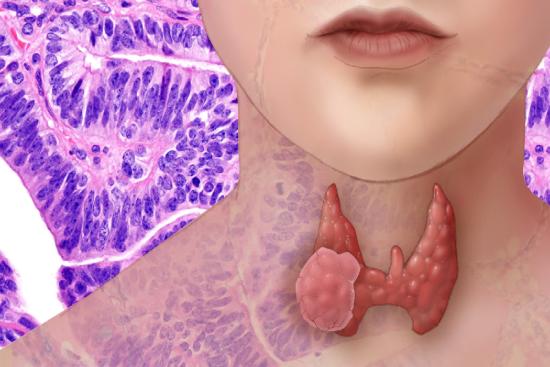Thyroid surgery can be stressful, with concerns about scars, voice changes, and recovery time.
At Turquie Santé, we make the process simple and reassuring. Our JCI-accredited clinics in Turkey offer highly skilled surgeons who perform precise thyroidectomies with minimal risk. From your first consultation to post-operative care, every step is personalized to ensure comfort, safety, and a fast recovery.
Experience thyroid surgery in Turkey with confidence, guided by experts who prioritize your well-being at every stage.
Risks and Side Effects
- Breathing difficulty.
- nerve irritation or damage.
- Voice alteration.
Thyroidectomy: Reviews & cost of thyroid surgery in Turkey
The cost of a thyroidectomy in Turkey varies depending on the procedure type, technology used, and level of care. With Turquie Santé, you have access to top-rated clinics offering high-quality care at competitive prices.
On average, prices start around $3 000, often covering:
- The surgeon's consultation.
- Pre-operative tests.
- Surgery and hospitalization.
- Post-op care and dedicated support throughout your stay.
Patients consistently report positive experiences, praising both the medical care and smooth recovery.
Request your personalized quote today and enjoy a free pre-operative teleconsultation with Turquie Santé.












